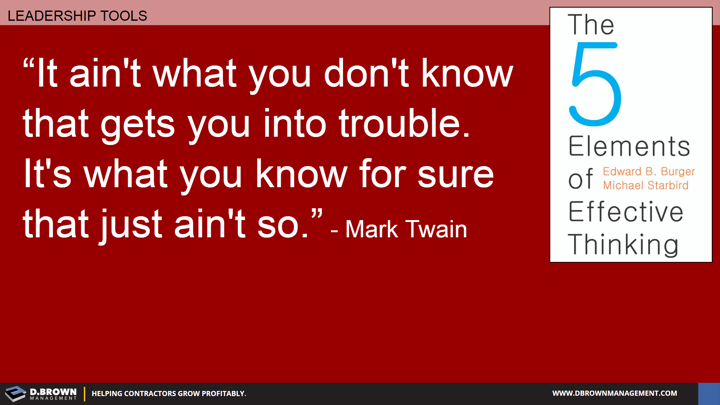- Everyone has different levels of knowledge about different things.
- For most it is very difficult to see more than 10% beyond the boundaries of their current knowledge.
- Like building muscle or endurance physically you won’t get better unless you push yourself to the edge of your capabilities.
- Also like physical training it is frustrating and painful when you push yourself this hard.
- Unlike physical training where most people know that a 15 minute per mile running pace is relatively slow when we are talking about mental capabilities it is more difficult to compare.
- Since it is difficult to compare most people tend to believe they know enough or at least that they know more than others. This impacts how they approach learning and problem solving. The term is called Illusory Superiority
When approaching problems build the habits with yourself and your team:
- Don’t let this stop your decision making but assume that 99% of the knowledge about a topic exists outside of yourself.
- Learn to ask great questions
- Learn to think more effectively

